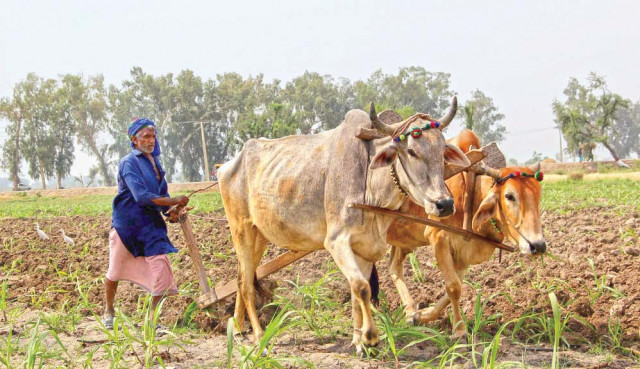7th NED seminar: Asia’s urban planners ignore grass roots realities at their peril
Dr Shabbir Cheema is skeptical of cities only as engines of growth.

It is small wonder then, that alarm bells are being sounded by people like Dr Shabbir Cheema, who is the director of the Asia-Pacific Governance and Democracy Initiative and a senior fellow at the East-West in Hawaii.
At the 7th NED seminar on urbanisation and secondary cities, he warned of future environmental degradation and poverty.
Part of the problem is how the world has taken to seeing cities as engines of growth while ignoring certain realities. While mentioning the UN, Cheema highlighted how planners and governments and donor agencies have been somewhat following the same development paradigm for years.
But perhaps under this paradigm urban authorities need to realise that they will have to spent $10 trillion in the future to keep up with rapid urbanisation. How is this sustainable?
“I have yet to see any country that has benefited from globalization that has effectively functioning megacities,” he warned. The problem with this paradigm is that technocratic approaches have shown to be of limited efficiency.
Thus, the people making decisions on running cities have not been taking into consideration realities such as informal sectors and a chronic shortage in operating funds. We are seeing that former government programmes have come into conflict with grass roots realities, which are not being factored in.
Cheema also pointed out that those authorities which are trying to reform municipalities are also overlooking one simple truth that society is class based. “Urban society is not homogenous,” he stressed.
Published in The Express Tribune, April 2nd, 2012.



















COMMENTS
Comments are moderated and generally will be posted if they are on-topic and not abusive.
For more information, please see our Comments FAQ